We love them, feed them healthy food, take them outside for fresh air, sleep with them, and comfort them when they cry. We buy them big comfortable beds, cute clothes and fun toys. Just like a baby, we need to take care of our dog’s poo.
The average baby’s parent changes 4-6 diapers a day, and nearly 2000 diapers a year. Comparatively, most dogs don’t receive the same hygiene treatment from their puppy parents, but dog waste is becoming a growing problem in homes, neighborhoods, and eco-systems around the country. Even though housetrained dogs make their mess outside, it still needs to be cleaned up to protect your lawn, your family, and the environment.
Why you should use K9 Super Skoopers?
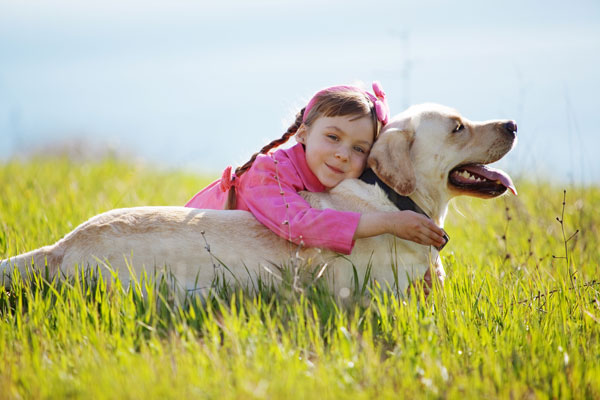
Pet & Kids
Hopefully you would never let your children play with toxic things, or swim in dangerous water. But if you have dogs and children, this may pose a similar harm.
Playing with your dog in the backyard may seem harmless, until Lassie takes a moment to do her business in the same area where the kids are playing. Leaving it there could pose a serious health risk.
When dog poo is deposited on your lawn, roundworms and other parasites are attracted to it and get into the soil. Children and adults can come in contact with leftover poop and those parasites can be transferred to them as well.
Even if the poop is not fresh, one small pile could hold a variety of diseases. In humans, these infections can have several adverse effects, with children being the most susceptible.
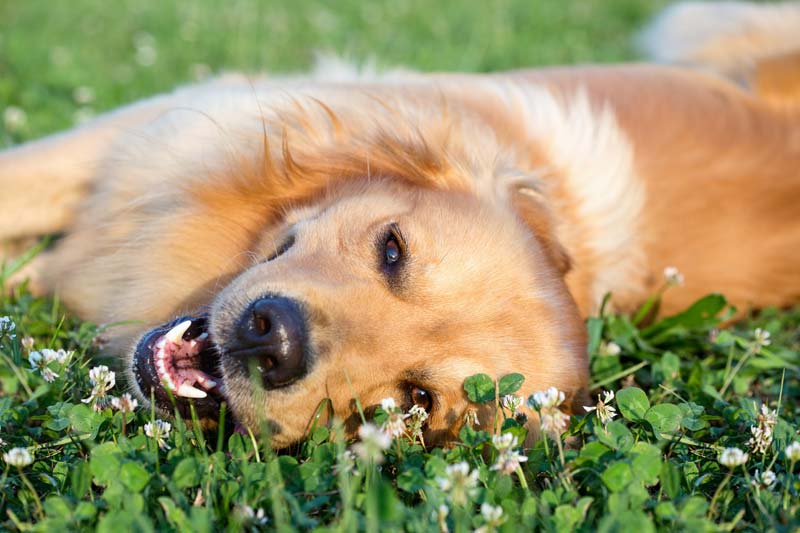
Environmental Concerns
According to biological research, a single gram of dog poop can contain 23 million types of bacteria. Over time, this waste gets absorbed by the soil and filtered into our waterways. Our natural ecological system can cope with the bacteria produced by a few dogs per square mile, but in some areas there are over 100 dogs per square mile. Even though there are wastewater filtration systems in most areas, they are not designed to handle the bacteria in dog feces. Therefore, dog waste in water causes several problems.
In 1991, dog waste was officially labeled as a non-point source pollutant by the Environmental Protection Agency (EPA). This places dog feces in the same category as oil and grease, toxic chemicals, herbicides, insecticides, and excess fertilizers.

Protect Your Lawn
Do you ever wonder why your once green lawn is now covered with dead spots and yellow stains? That’s because pet waste does not make a good fertilizer. Dog feces are harmful to your lawn and can cause dead spots and discoloring.
Nearly half of dog owners in the United States admit to not picking up after their own pet. Without proper pet waste disposal, the damage to your lawn can be irreversible. This can cause challenges with maintaining your landscape. It can also have an adverse effect if you are trying to sell your home.
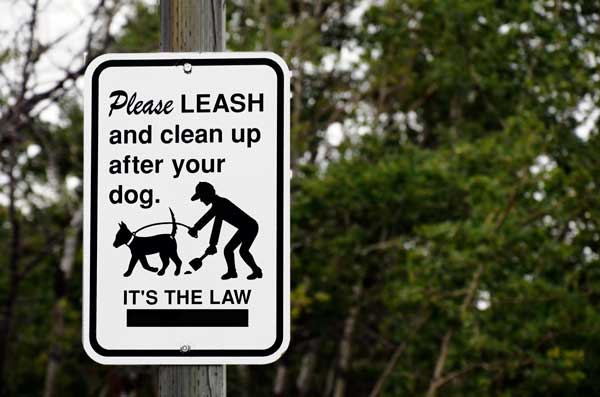
It's the Law
Even though we don’t expect the poop police to show up and inspect your backyard, many areas have laws that require pet owners to clean up after their pets do their business. Not cleaning up after your pet can be considered poor judgment and also a failure to provide a safe place for children. In some areas you may see signs posted requiring dog owners to pick up after their pets and/or a phone number to call to report those who don’t.
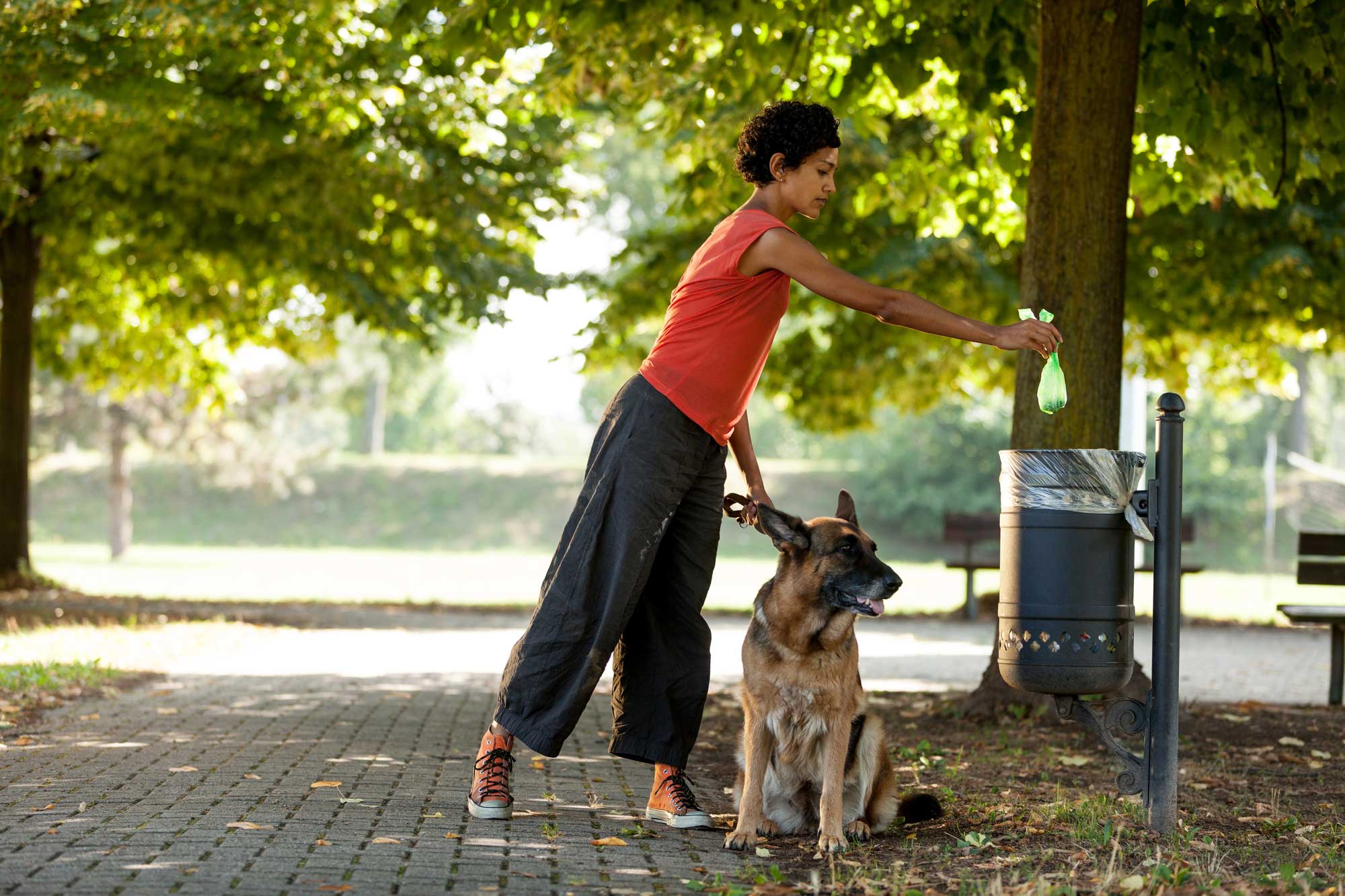
Common Courtesy
Anyone who has been unlucky enough to step in dog poop can relate to the practical reasons for cleaning up. One step in it can really ruin your day. This is in addition to health concerns for the environment and your family.
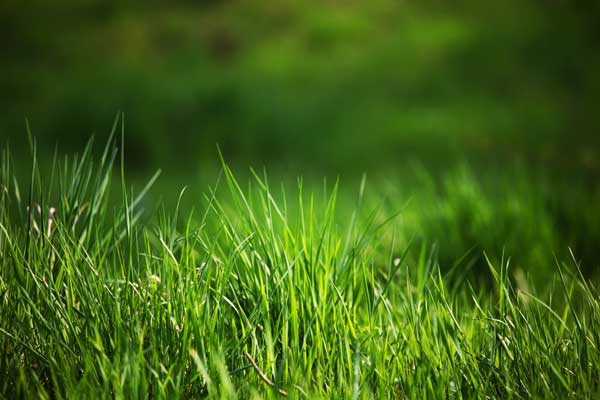
Cleanliness
If your dogs have free reign of your yard, it becomes less desirable for entertaining, family barbeques, parties, outdoor activities, and gardening. This is also true for public and common areas. If they are not cleaned, the feces inhibits the ability of others to enjoy the area. Dirty yards and common areas attract unpleasant odors, flies, and other pests.
If you are the parent of an infant, you change diapers. If you’re a dog owner, you dispose of their waste. Cleaning up after your pet and proper disposal of their waste is just a condition of ownership and part of the responsibilities of caring for your dog. It’s more than just being polite, it’s critical for the health of your dog, your children, your neighborhood, and others in the area.
Since the average dog produces approximately 3/4 pounds of poop every day, we recommend scooping at least once a week for one dog. If you have two or more dogs, we recommended scooping at least twice weekly to keep our families healthy and our shoes clean.

